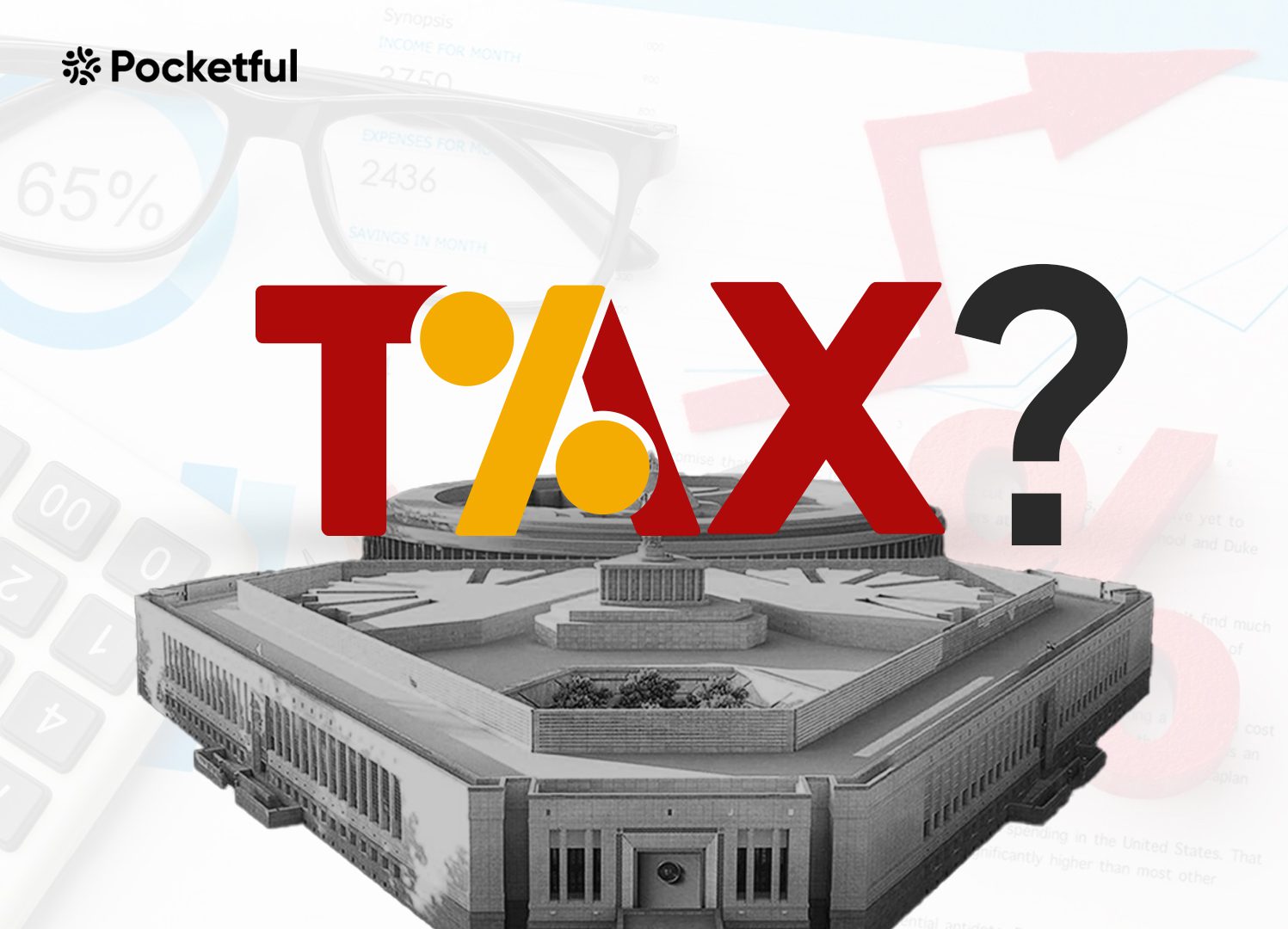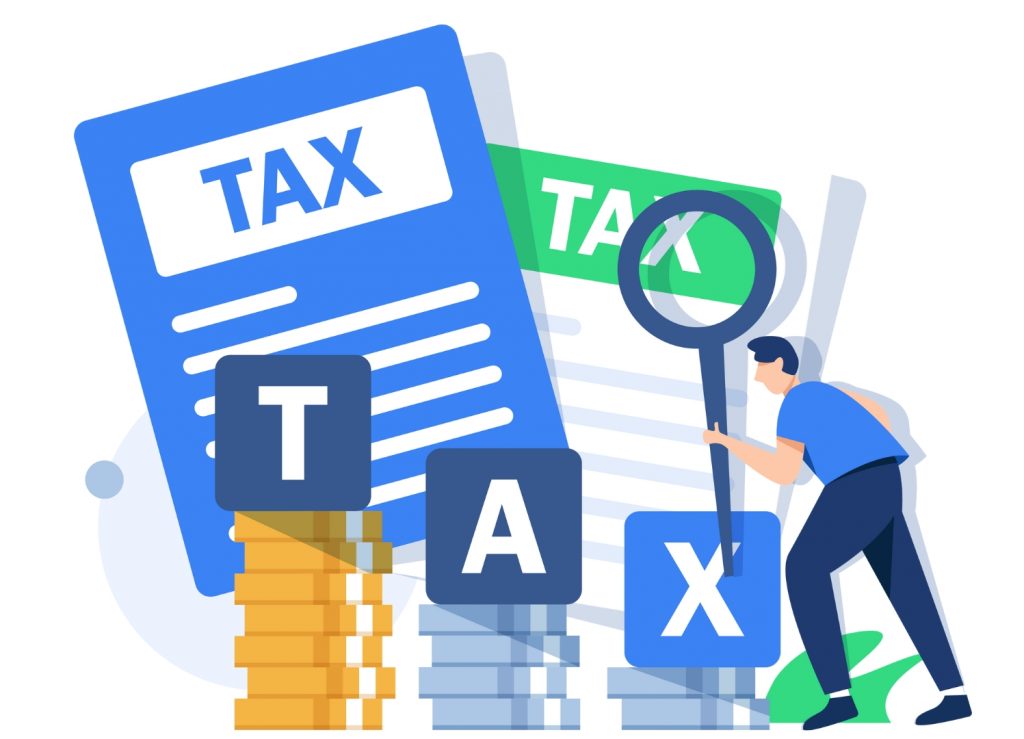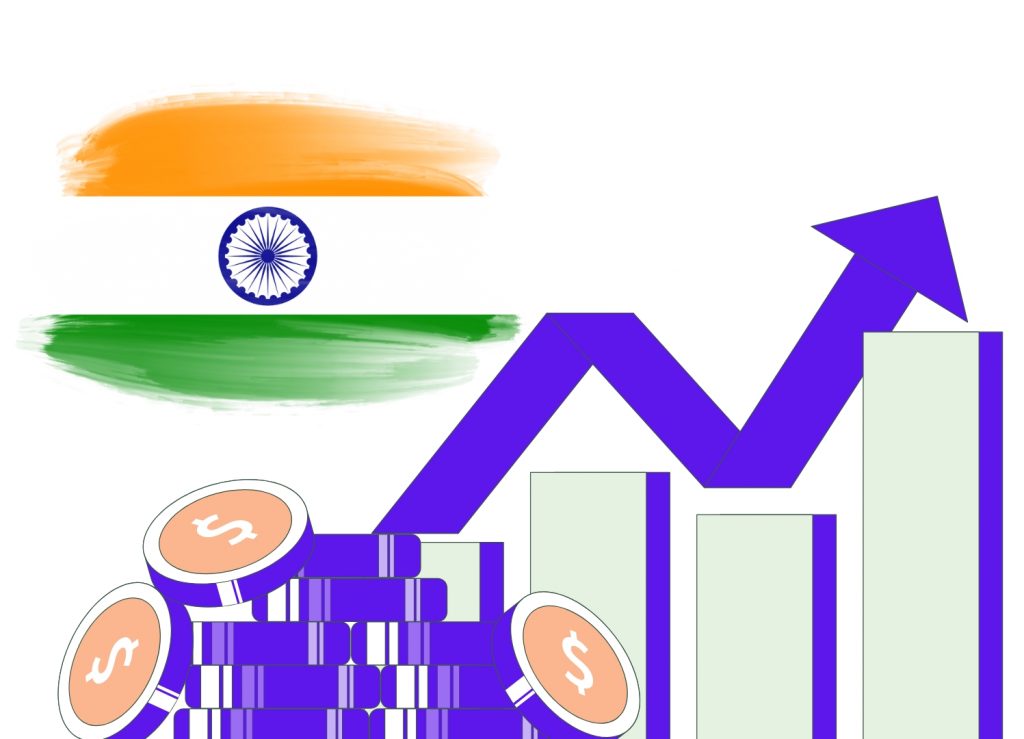| Type | Description | Contributor | Date |
|---|---|---|---|
| Post created | Pocketful Team | Sep-24-24 |

- Blog
- why do we pay taxes to the government
Why Do We Pay Taxes to the Government?

On one fine day, sitting calmly in your chair, you hear the news regarding the due date for filing your income tax return, and the government may penalize you for not paying income tax by the due date. You must have thought about why you are paying a portion of your hard-earned money to the government. Is it necessary? How are you going to benefit from it?
In this blog, we are going to discuss how the government uses taxes for the benefit of the nation’s citizens. Moreover, we will give you some interesting, unpopular facts about the taxpayers in India. So, read on.
What is Tax?
Taxes are mandatory contributions made by corporations and individuals to the government. Governments use these funds to provide public services, such as police services and roads, to the public. The government also pays the salaries of civil servants. The public does not pay directly for these goods and services or for the time of public servants when they visit government offices; it pays indirectly through taxation. The government, therefore, regularly decides how much to spend, what to spend it on, and how to finance its expenditure.

Read Also: What is Profit After Tax & How to Calculate It?
Types of Taxes in India
There are different kinds of taxes levied on different assessees. However, these taxes are broadly classified into two major categories:
1. Direct Tax
Direct taxes are levied on individuals, corporations, and other entities. As the name suggests, direct taxes are the taxes that are paid by the taxpayers directly to the government. This tax is applicable to taxpayers earning income above some specific threshold, and it cannot be shifted to another taxpayer. That means not all individuals are liable to pay direct tax. Direct tax includes the following types of taxes:
- Income Tax
- Corporate Tax
- Security Transaction Tax
- Capital Gains Tax
- Gift Tax
2. Indirect Tax
The indirect tax is not paid directly to the government but levied on the taxpayers at the time of purchase or consumption of goods and services, irrespective of the taxpayer’s income. The tax amount is included in the cost of goods or services, and the tax burden is passed on from the wholesalers to retailers, who pass it on to the customers. Examples of indirect tax are:
- Goods and Services Tax
- Custom Duty
- Value Added Tax
How Does the Government Use Taxes?
Taxes are levied by the government and collected by tax authorities for the development of the nation. The tax collected by the government, which is the major source of revenue for the government, is used to fund various sectors in the country, such as:
- Healthcare
- Education
- Infrastructure
- Social Security
- Defence
- Environment Protection
- International Relations
- Emergency & Contingency Funds
Some Interesting Facts About Taxpayers in India
Here are some interesting facts about taxpayers in India:
- A mere 5-6% of India’s population contributes to income tax, indicating a small number of taxpayers.
- The new tax regime launched in FY 2020 features six slabs with rates from 0% to 30%, along with various exemptions under the previous regime.
- As of 2023, 1.40 crore businesses are registered under the Goods and Services Tax (GST) system.
- The largest group of individual tax filers falls within the ₹5-10 lakh annual income range.
- Following demonetization, there was a 25% increase in income tax returns filed between FY 2016 and FY 2017.
Importance of Taxes in Making India a Developed Nation

Before we discuss how taxes are important in making India a developed nation, let’s talk about what makes a country developed. A country with a strong economy, a high quality of life, equal distribution of income among its citizens, low poverty and employment rates, access to quality health and education, and a diverse industrial sector is considered a developed nation. Below, we are listing a few key points of how taxes can help India achieve all those things and make it a developed economy:
- The government uses taxes to build infrastructure, which is essential for any country’s economic growth.
- The taxes received by the government are also used to fund social initiatives and welfare programs.
- No country can become a developed country without education. Government-collected taxes are used to fund quality education in rural as well as urban areas, which includes school infrastructure, teacher’s salaries, etc.
- The government bears the expenditure on health and medical R&D, hospital infrastructure, health insurance, and other services.
- Taxes fund schemes to help people who are unemployed or have low levels of income.
- Governments introduced progressive taxation in order to reduce income inequality by making people who earn more pay more taxes and build an equitable society.
Read Also: Are Indian Stock Markets Overvalued?
Conclusion
For the government of any country, taxes are the primary source of revenue. The major categories of taxes are direct taxes and indirect taxes. This money is used to fund public infrastructure, public services, welfare programs, etc. Moreover, taxes are critical in making India a developed nation in the future. The tax rates and tax-related regulations are different for different taxpayers in India. By adopting a progressive tax system, the Indian Government is trying to make an equitable society.
| S.NO. | Check Out These Interesting Posts You Might Enjoy! |
|---|---|
| 1 | Budget 2024: Explainer On Changes In SIP Taxation |
| 2 | Budget 2024: F&O Trading Gets More Expensive? |
| 3 | Budget 2024-25: How Will New Tax Slabs Benefit The Middle Class? |
| 4 | What To Expect In The Budget 2024? |
| 5 | Unveiling the Budget 2024: Key Takeaways |
Frequently Asked Questions (FAQs)
What are the different types of taxes we pay?
Common types of taxes an Indian citizen pays include income tax, goods and services tax (GST), property tax, and excise duty, each contributing to government revenues.
What happens if people don’t pay taxes?
If tax revenue falls short, the government may struggle to provide basic services, resulting in poor-quality infrastructure and public amenities.
Why is it mandatory to pay taxes?
Tax laws require individuals to pay taxes, as these funds are essential for the government’s operations and contribute to the nation’s economic stability.
How do taxes help in reducing inequality?
Taxes fund welfare programs, subsidies, and public services that assist lower-income groups, helping to bridge the wealth gap.
Can paying taxes improve our creditworthiness?
Yes, having a good tax record can enhance creditworthiness, particularly for individuals looking to secure loans or financial assistance.
Disclaimer
The securities, funds, and strategies discussed in this blog are provided for informational purposes only. They do not represent endorsements or recommendations. Investors should conduct their own research and seek professional advice before making any investment decisions.